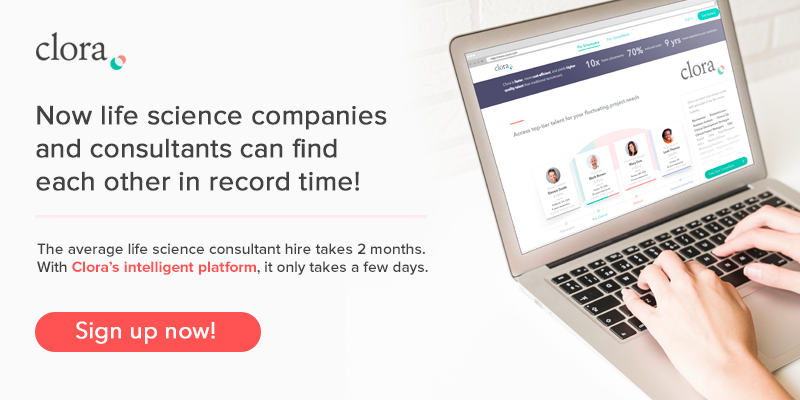Life science industry professionals are fortunate that they’re able to enjoy rewarding careers as they work to bring new therapies to market to help improve human lives.
However, when it comes to bringing these new therapies to market quickly and efficiently, there is ample room for all of us in this industry to do better.
Simply look at the numbers: On average, it takes up to $2.6 billion and 10 years to get a product to market, with approval rates of novel drugs hovering at only 8%. The current methods of moving a product from bench to bedside are quite often wasteful and inefficient. The good news is that we may be able to greatly improve this process by integrating a skills-based workforce into life science development.
Skills-Based Workforce Defined
The most precious currency in the 21st century workforce? Skills.
Today’s employers are relying less on “pedigree” (where someone goes to school and the degrees they’ve acquired). Instead, they are focusing on applicants’ verifiable skills. A skills-based hiring process can be a more effective organizational approach by enabling you to segment your workforce based on matching skill sets with open positions.
For this reason, we also see a rising trend in which employers are moving away from traditional full-time employees to skill-based consultants. In turn, many skilled, independent-by-choice workers are experiencing higher levels of work-life satisfaction compared to their full-time counterparts. Importantly, these positive effects do not come at the expense of these consultants’ salary expectations.
How a Skills-Based Workforce Will Accelerate Development in the Life Science Industry
Life science companies are constantly looking for innovative ways to cut costs and timelines in order to get new drugs to market faster. The average cost for a single drug tested in a clinical trial is over $700,000 per day. It’s estimated that accelerating the time from discovery to approval by just four months can reduce the overall cost of launch by over $85 million. Another way to look at this dilemma is the fact the opportunity cost of a life science product not being on the market for 1 day averages an outstanding $2-3 million.
The life science industry can greatly benefit from a skills based workforce approach because of the intrinsic heterogeneity of development work. As products move along the development continuum and hit certain milestones, the skills that are required throughout the organization change dynamically. That’s why it’s so much more efficient to bring in highly skilled professionals for these focused tasks and problem sets on a temporary, consulting basis.
We believe there are two key ways in which utilizing flexible on-demand experts at different phases of the product life-cycle will transform the life science industry:
- Driving opportunity costs down: It can take months to fill a knowledge or skills gap using traditional recruiting practices. This lost time can swiftly lead to project delays that can lead to delayed approvals and product launches.
- De-risking development: Because these consultants work for multiple employers over a given time period instead of the traditional single-employer mode of work, they have a wider variety of industry experiences to call on. They can share many of these learnings with your internal team, and reduce the chance that your team repeats any mistakes that outside teams may have made. The result is a decrease in project failure rates.
In the coming months, we will provide successful ‘proof of concept’ case studies and share ‘how-to guides’ enabling both employers and consultants to quickly and efficiently implement these processes into their business models. To have these valuable resources delivered straight to your inbox, simply sign up for our newsletter.






